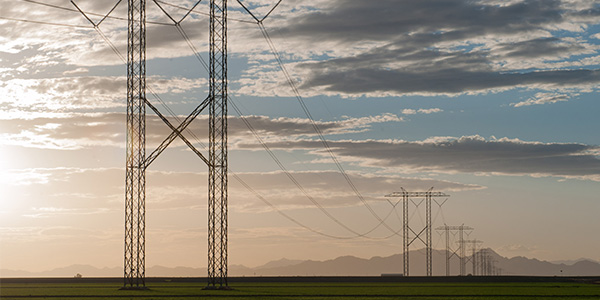By Hudson Sangree
FERC last week approved CAISO’s proposal to revise its bid adder for the Western Energy Imbalance Market, allowing the changes to take effect Nov. 1.
The revisions limit the megawatt quantity of the bid adder, which reflects the costs EIM resources pay to comply with California’s greenhouse gas regulations (ER18-2341).
EIM resources sending energy to California must comply with the state Air Resources Board’s GHG regulations and pay associated compliance costs. External resources receive a payment to offset those costs when they are dispatched to serve CAISO load. (See EIM Members Seek More Details on GHG Accounting Plan.)
The change addresses stakeholders’ concern that the market might designate a resource as supporting a transfer into CAISO even when the resource would have operated at the same level to serve load outside the ISO.
To deal with the problem, CAISO proposed limiting the hourly megawatt quantity of the bid adder to the resource’s dispatchable bid range between its base schedule and its upper economic bid for the operating hour.
“We find that CAISO’s proposal will more accurately attribute EIM transfers to the actual generation being incrementally dispatched to serve California load and will reduce the attribution to CAISO load of EIM resources that would have generated even without CAISO load, as reflected in EIM base schedules,” the commission said.
However, FERC also directed CAISO to file an informational report on the results of the changes by Jan. 1, 2020. The report is intended to provide greater market transparency and address concerns by CAISO’s Department of Market Monitoring (DMM) that the Tariff changes could undermine market efficiency. (See CAISO, ARB to Address Imbalance Market Carbon Leakage.)
“The report must describe the extent to which situations similar to the scenario described by DMM in its comments to CAISO’s stakeholder process materialize during the 12 months after the implementation of CAISO’s Tariff revisions,” the commission said.




